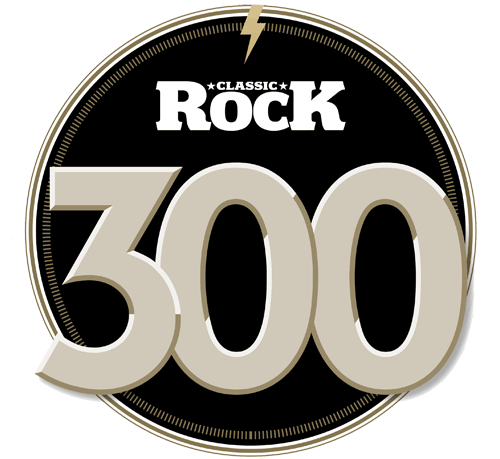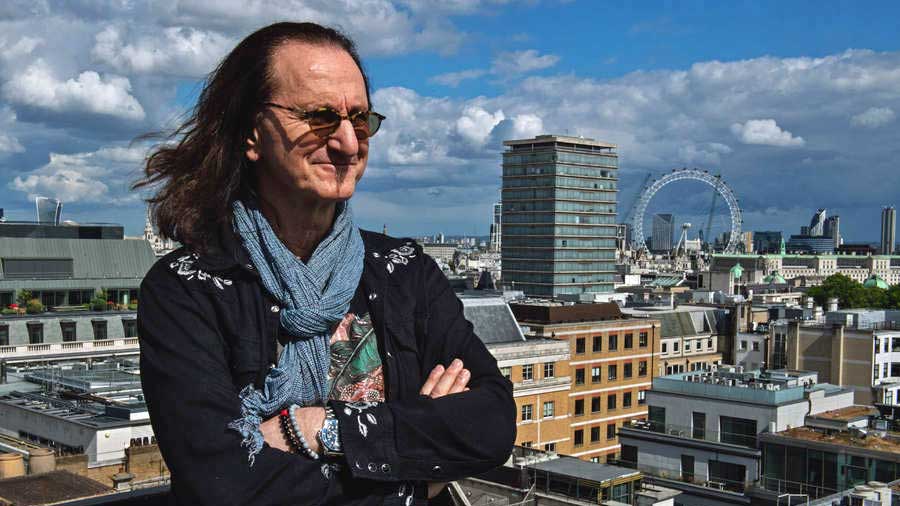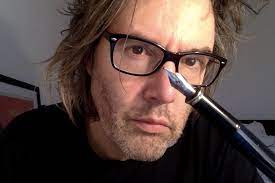
This interview was conducted to mark the 300th issue of Classic Rock magazine, which launched in 1998. The anniversary issue is available to purchase online, and also features interviews with Ozzy Osbourne, Gene Simmons, Def Leppard, Alice Cooper, Rick Nielsen, Slash and many more.
Notable for looking forward, not back, Geddy Lee has gone through something of an exercise of introspection over the past few years. Since Rush retired in 2015, their former singer and bassist has kept himself busy, first with his acclaimed Geddy Lee’s Big Beautiful Book Of Bass, and then writing his memoir which is expected in the spring of 2023.
There’s also the matter of his former band’s new beer, and the ongoing reissue campaign of their back catalogue. In 1998, however, as Classic Rock was brought screaming into the world, Rush were in a very different place, and about to become a different band altogether.

In 1998, after the death of Rush drummer and lyricist Neil Peart’s daughter the previous year, a lot of people thought Rush were finished as a band.
It was a shocking and awful time. Neil was destroyed, so all we cared about was being there for him and [his wife] Jackie. Did I think the band was done? My instinct said it’s unlikely he will want to go back to his previous life. But of course you don’t know for sure. So Alex [Lifeson, guitarist] and I just decided that we won’t talk about it until Neil’s ready, and in the meantime take stock and figure out what we should do with ourselves individually.
Is that what led to your first and only solo album so far, 2000’s My Favorite Headache?
A lot of that was Ben Mink [violinist on Rush's Losing It]. We used to jam at my house, and we started writing together, just to see what might happen. Then tragedy struck with Neil, and he took off for London because he couldn’t really bear to be in Toronto surrounded by all the memories of his daughter.
During that time I started looking at doing a solo record. I decided it was the best thing to throw myself into work. It was a very odd time, because on the one hand I was breaking new ground doing my own thing, but there are moments on that record that are very Rush.
You finally reconvened as a band in 2001 to work on what would become Vapor Trails. It must have been a relief to be back together?
Oh, it was awesome. Within minutes we’re laughing and gabbing. Whenever we saw each other, it was like yesterday. Within five minutes we’re razzing each other and laughing and catching up. Everybody had been through a lot. No one more than Neil. But it was just like getting back on the bike.
And it had changed you as a band?
Absolutely. That first tour back as a band, different world. We took a different attitude on that tour; we were much more open and appreciative of the opportunity. Five years away from it took a lot of cynicism out of our behaviour. When we did our first gig after all those years, and were welcomed back so strongly, I think everyone was taken aback: “Wow, these people waited for us.”
And the tone had changed: it’s hard to imagine the old Rush with a cartoon dragon sipping a cocktail on an album cover, like you had for Rush In Rio.
No, Rush 2.0 was a different animal.
The Feedback EP you recorded for the R30 tour had that same sense of fun.
We wanted something new for that tour, but after fourteen months of making Vapor Trails – and it was incredibly difficult to make – the idea of going back into the studio, we just couldn’t bear it. And the idea of doing covers of the bands that inspired us was perfect. We didn’t overthink it – and if any band can overthink anything, it’s Rush.
Compared to the making of Vapor Trails, the sessions for 2007’s Snakes & Arrows album were a breeze.
That was our introduction to producer Nick Raskulinecz, and he was such a tonic. Such good energy, so funny. We were in this huge, rambling place near Woodstock and were only there to do the drum parts, but we were having so much fun we just stayed for the entire album. Snakes & Arrows and Clockwork Angels were probably the two most fulfilling recording experiences we’d ever had. It was the happiest period for the band since Permanent Waves [1980].
Although it was never the band’s intention, Clockwork Angels was a great record to bow out on.
Al and I were just talking about this the other night, how, from a personal chemistry writing vibe, it was the happiest collaboration we’d had since we were kids. From a songwriter’s point of view it’s probably the most accomplished piece of work we did in our entire history.
You’ve hooked up with Hendersons Brewing to make a beer.
I mean, Rush fans like beer. Hendersons approached us during the pandemic and said if you’re interested then we’ll send fifteen beers to you and Alex, you can taste them and give us your notes. They came back with this golden ale, and we said: “Fuck, we like it!” Did you know the phrase ‘drinking beer is better than being hit in the head with a hammer’ can’t be put on a beer can? Me neither. But that’s a no-no. We did ask.
I’m guessing that was Alex’s suggestion. You two are still so close, aren’t you?
We recently went out to dinner, just the two of us, and we sat down, looked at each other and we did a high five. And it was just like I was sixteen again, driving my mother’s car with Al next to me. We were laughing in seconds. I don’t have another friend like that in my life. That’ll never change.
The deluxe edition of Rush's Moving Pictures is out now.

